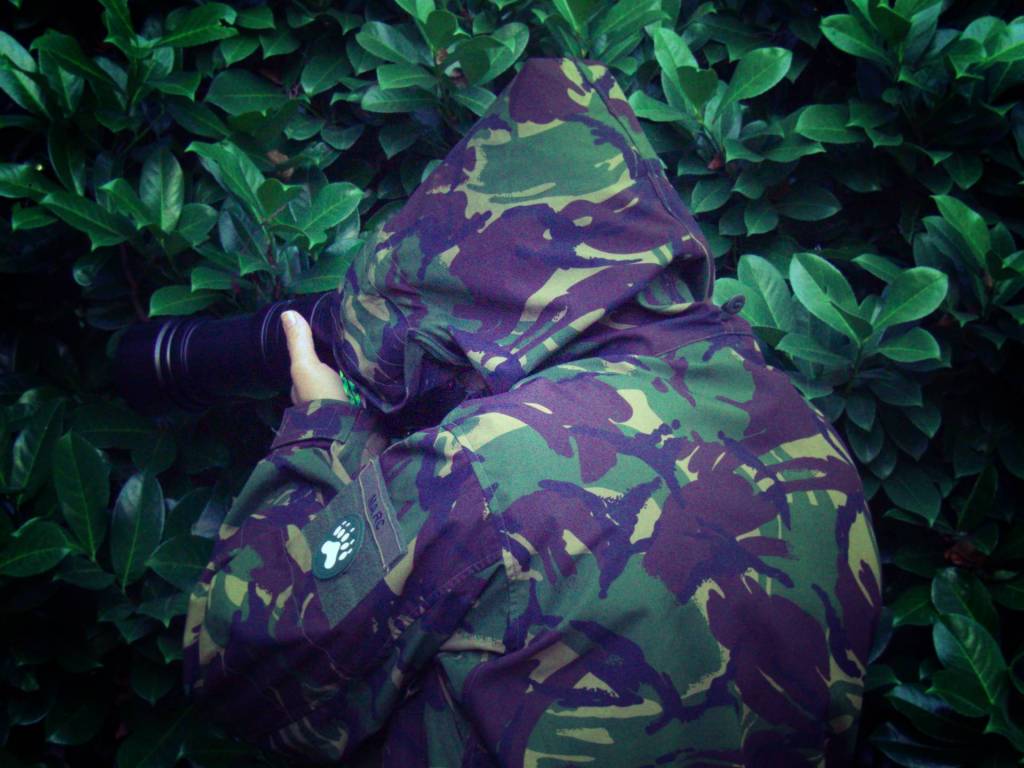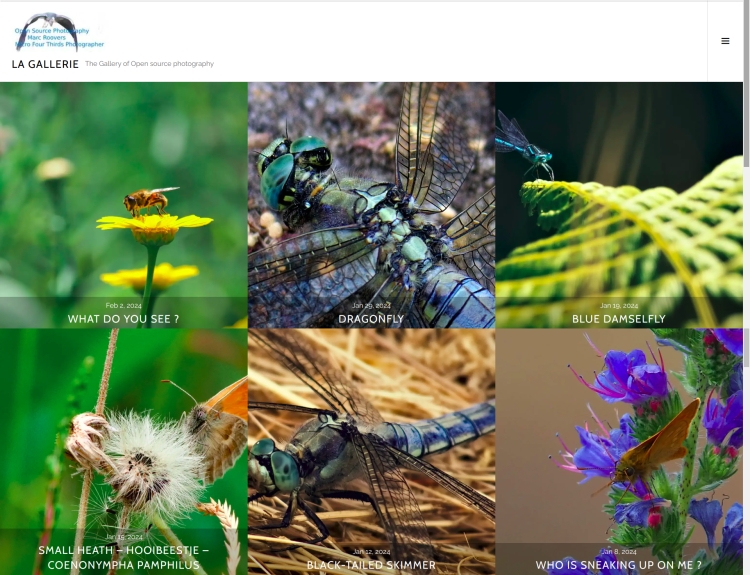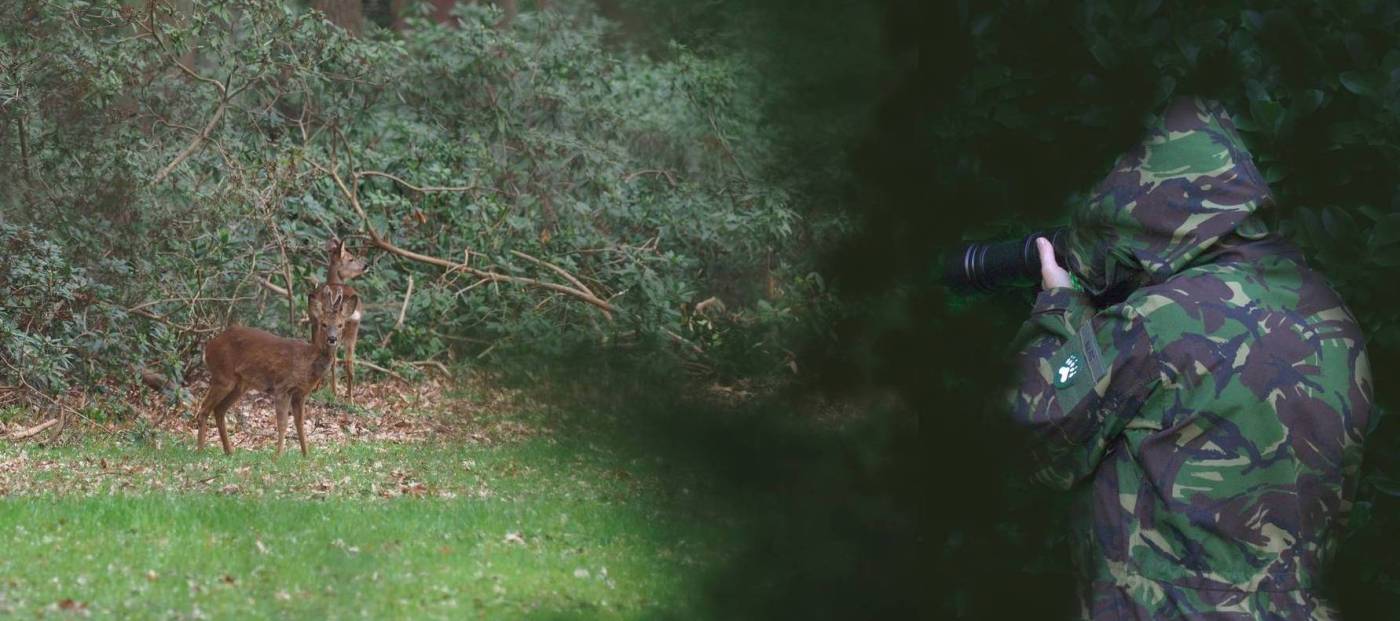The following article draws inspiration from numerous articles I’ve read over time about photographers who feel dissatisfied with their photography and have lost their enthusiasm.
Identifying Lost Mojo:
Photographers often experience various manifestations of “lost mojo.” These include feelings of low self-esteem regarding the quality of their photos, a lack of creativity leading to a diminished desire to pick up their camera, indecision about which camera suits them best, finding the technical aspects too challenging, feeling unsatisfied with their progress, losing the enjoyment they once had, perceiving others’ photos as superior, and striving to capture images that please or impress others. Additionally, factors like having a job unrelated to photography, the influence of social media, social expectations, and the responsibilities of family and other obligations can make it difficult to find the motivation to photograph. Limited free time further restricts the opportunity to pursue one’s passion. It’s not uncommon for individuals to experience multiple forms of lost mojo simultaneously. Can you identify with any of the aforementioned experiences ?
Solutions ?
If you do, numerous articles have been written on how to reignite one’s passion, suggesting approaches like trying new lenses, experimenting with different techniques, stepping out of one’s comfort zone, setting goals, creating challenges, avoiding comparisons, persevering, taking photography courses to improve skills, and more. While these strategies may be effective for some people and may lead to a rediscovery of passion, the outcome can vary, and there’s no guarantee that the rejuvenation will be long-lasting.
About my photography history :
Having been involved in photography for over fifty years, I have owned countless cameras throughout different eras, starting from film to digital. I began with compact cameras, then progressed to bridge cameras, DSLRs, and eventually mirrorless cameras. Continuously experimenting with various types of lenses, I held onto a Pentax DSLR for a considerable period because it suited my needs and delivered satisfactory results for the subjects I photographed. In the past, I primarily focused on landscapes and architecture, recognizing that people and portraits were not my expertise. I believed my area of interest was clearly defined. I derived satisfaction from venturing out and capturing whatever caught my eye, such as castles, which I would later enhance on the computer before sharing them on platforms like Flickr or blog. Observing people’s reactions to my work was significant because their opinions mattered. I too, have experienced periods where my camera remained untouched in its bag, lacking the motivation to edit photos or try out a different camera in hopes of rekindling my passion.
The professional Photograpy world :
Professional photographers who have dedicated themselves to specific fields, such as wedding photography, photojournalism in war zones, or wildlife photography, often chose those vocations due to their passion for them. They enjoy traveling, immersing themselves in different cultures, meeting people, capturing joy and sorrow, or indulging in the excitement of wildlife photography. To these photographers, the camera is mainly a tool used to capture their passion. Their equipment rarely changes and may be used for many years.
Consider renowned photographers like Robert Capa, Annie Leibovitz, or Ansel Adams. They gained recognition for capturing moments that reflected their passions, whether in war zones, nature, or the fashion industry. Very few people know the specific cameras they used because, to them, the camera was merely a means of capturing those exceptional moments in their worlds.
For the majority who don’t have the luxury of pursuing their passion without other familial and or social obligations, passion remains the common denominator.
What is Passion ?
Personally, I still find joy in photographing architecture and landscapes, as well as capturing the beauty of flowers and butterflies through macro shots. However, my true passion lies in nature, particularly when photographing birds and other animals, especially in environments where smaller wildlife like deer can be found. It’s predominantly about the experience of being close to these creatures, observing them, and immersing myself in their world. It’s challenging to explain, but for me, it’s akin to witnessing a National Geographic shot firsthand, be it on a smaller scale. In my case, the camera system I use is simply the tool that best complements my passion.
Everyone can have off days, even accomplished photographers like Robert, Annie, or Ansel shure had. However, the driving force behind photography as a hobby or profession is passion – not the mere act of taking photos or owning a camera. If you haven’t yet discovered your true passion or haven’t recognized it until now, it’s importand to search for it. Finding that passion can radically transform your motivation and your photographic journey.
Wishing you the best of luck in discovering your passion !
Marc.


The photo gallery of Open Source Photography, Olympus micro 4/3 system, Vintage Lens Photograpy, Film Simulation, PictureFX, HDR – Photographer : Marc R.

Discover more from Open Source Photography
Subscribe to get the latest posts sent to your email.




Enjoyed this post? Put your thoughts into words! Or just give a thumbs-up in the comment box!